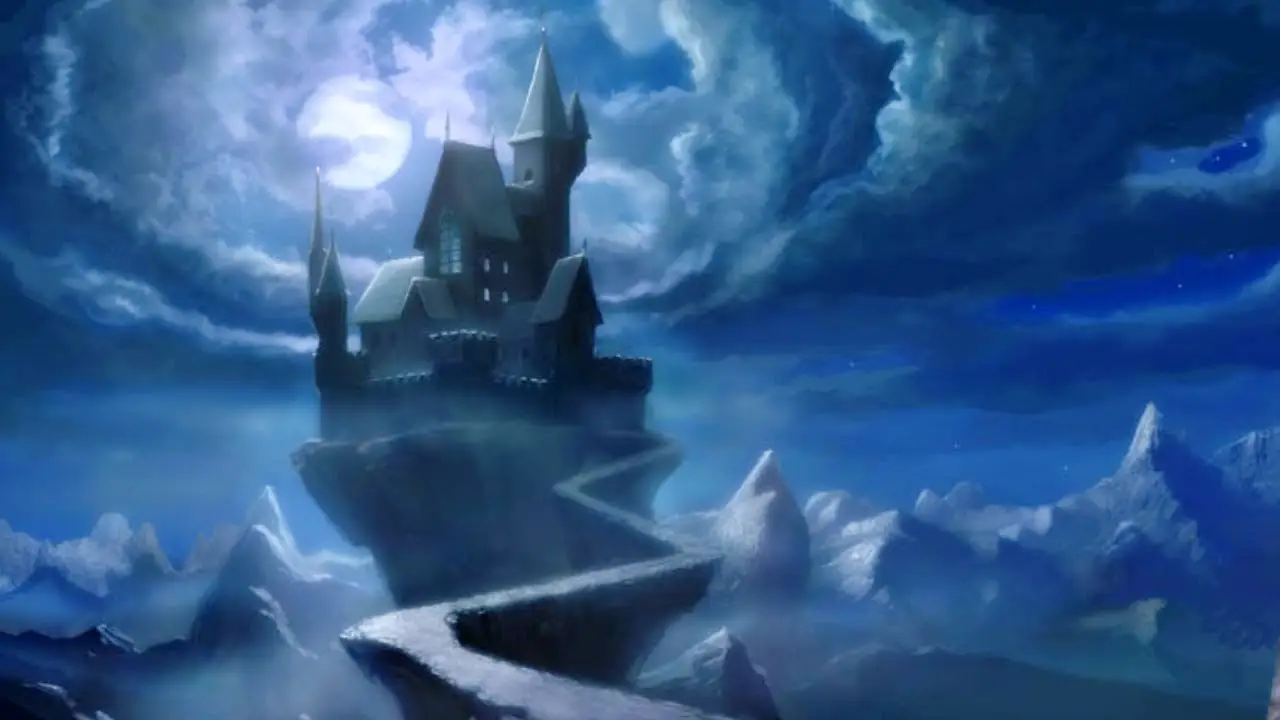You might think vampires are just myths, but many people, especially in the Balkans, still believe in them. This article explores the fascinating history and locations tied to these legendary creatures.
The Vampire Belief in the Balkans
In the 16th century, the regions of Serbia and Croatia were hotspots for vampire lore. During this time, fear of the undead spread across Europe. People reported strange occurrences, leading to widespread panic. Villagers would often gather to discuss sightings and experiences with these creatures of the night.
Why the Belief?
The belief in vampires stemmed from a lack of understanding of death and disease. When someone died unexpectedly, especially from an illness, it was easy to blame supernatural forces. The idea of a vampire rising from the grave to feed on the living provided a simple explanation for the unknown.
Key Locations Linked to Vampire Lore
- Serbia
Serbia is often considered the heart of vampire mythology. The village of Kladovo is famous for its vampire tales. Locals speak of a vampire named Sava Savanović, who supposedly haunted a nearby mill. His story has been passed down through generations, keeping the legend alive. - Croatia
In Croatia, the town of Gračanica is known for its vampire stories. The locals believe that a vampire named Jure Grando roamed the area in the 17th century. His tale is one of the earliest documented vampire accounts in history. Grando was said to have returned from the dead, terrorizing the village until he was finally confronted. - Romania
While not part of the Balkans, Romania is famous for its vampire legends, particularly Dracula. The character of Count Dracula, created by Bram Stoker, was inspired by the real-life figure Vlad the Impaler. His brutal reign and connection to the supernatural have made Romania a popular destination for vampire enthusiasts.
Modern Beliefs and Practices
Even today, some people in the Balkans maintain beliefs in vampires. Rituals to ward off these creatures are still practiced in certain areas. For example, some villagers will place garlic or crosses on graves to prevent the dead from rising. These customs reflect a deep-rooted fear of the unknown and a desire to protect their communities.
Cultural Impact
The vampire myth has significantly influenced local culture. Festivals celebrating vampire lore attract tourists and locals alike. These events often include storytelling, reenactments, and traditional music, bringing the legends to life.
The Science Behind the Myths
Many experts believe that the vampire myth can be explained through science. For instance, certain medical conditions can cause symptoms that resemble vampire traits. Porphyria, a rare blood disorder, can lead to sensitivity to sunlight and other unusual symptoms. This condition may have contributed to the vampire legends, as those affected were often misunderstood.
Another factor is the process of decomposition. When a body decomposes, gases can build up, causing the body to bloat. This can lead to the appearance of blood at the mouth, further fueling vampire fears.
Conclusion: The Enduring Legacy of Vampires
The belief in vampires may seem outdated, but it continues to captivate the imagination. From the villages of Serbia and Croatia to the tales of Dracula in Romania, these legends are deeply woven into the fabric of local culture.
Whether you believe in vampires or not, their stories offer a glimpse into the fears and beliefs of our ancestors. They remind us of a time when the world was filled with mystery and the unknown.
Explore the Real Land of Vampires and discover the rich history behind these legendary beings. You might just find that the truth is stranger than fiction!

